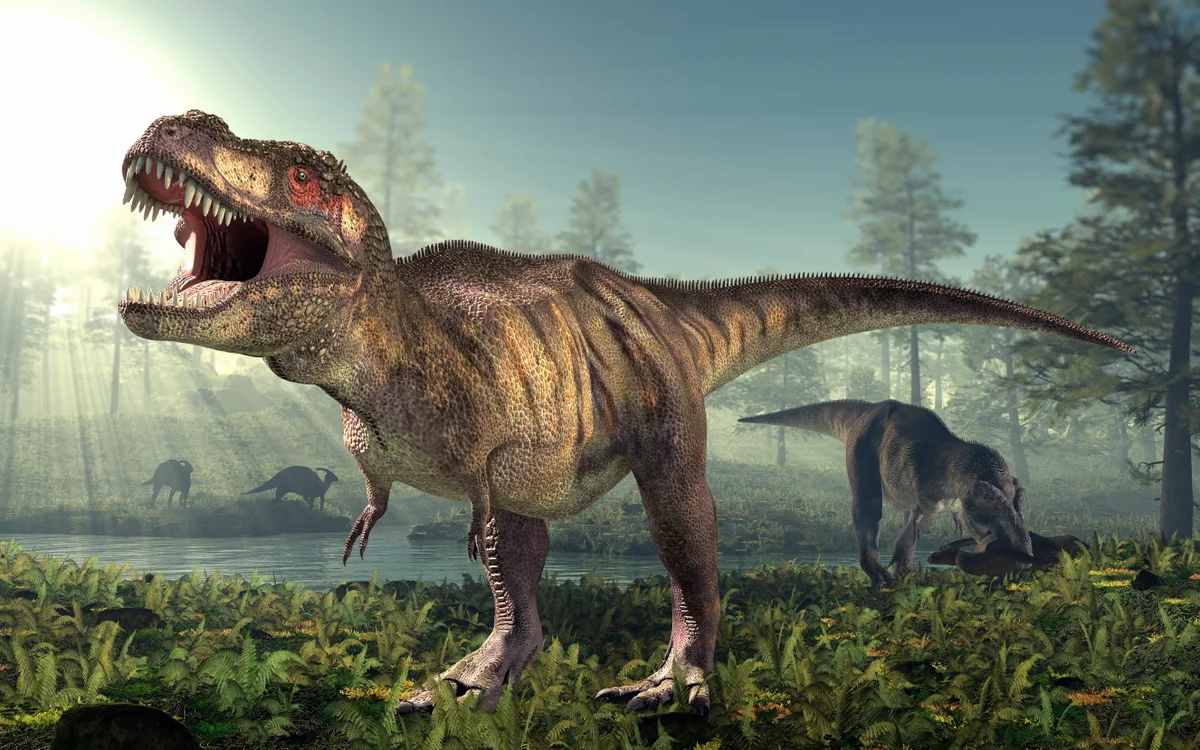|
Getting your Trinity Audio player ready...
|
Dinosaurs may have inadvertently shaped the lifespan of mammals, influencing them towards a focus on rapid reproduction rather than long life, according to microbiologist João Pedro de Magalhães from the University of Birmingham. The dominance of dinosaur in the evolutionary trajectory shifted the priorities of early mammals, driven by the need to survive in an era where dinosaur were the dominant predators.
De Magalhães proposed the “longevity bottleneck hypothesis,” suggesting that the prolonged evolutionary pressure on early Quadrupeds for rapid reproduction led to the loss or inactivation of genes associated with long life. The theory is supported by the absence of regenerative traits in mammals. The pressure to survive under the constant threat of being preyed upon by dinosaur led to the elimination of genes necessary for long life.
Read Also: Sustaining Longevity: Good Food Can Add 5 to 10 Years to Your Life – Unlock the Secrets to Vitality
While acknowledging that humans, elephants, and whales theoretically have the potential for longer life spans than most Quadrupeds, de Magalhães emphasized that all mammals still operate under genetic constraints established during the dinosaur era. Over the 100 million years when dinosaur were predominant, Quadrupeds adapted to being small, nocturnal, and short-lived as survival strategies.
De Magalhães delved further into the research, suggesting that the loss of enzymes associated with the Mesozoic Era limits Quadrupeds ability to repair damage. Examples include the absence of enzymes that restore skin damaged by ultraviolet light and the fact that mammal teeth don’t continue growing throughout their lifetime as reptiles do.
While recognizing the speculative nature of the hypothesis, de Magalhães believes it offers substantial explanatory power. He suggests that the rapid aging process in Quadrupedsmay contribute to a higher frequency of cancer compared to other species.
In conclusion, if the hypothesis holds, dinosaur might be indirectly responsible for the accelerated aging of Quadrupeds, including humans, leaving an enduring impact on their evolutionary trajectory.

